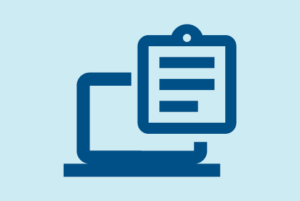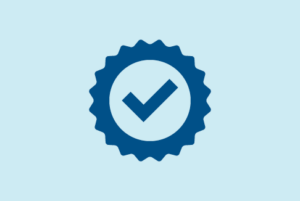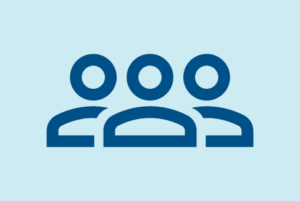The Centers for Medicare & Medicaid Services (CMS) announced on Dec. 28 that it will enforce its Health Care Staff Vaccination Interim Final Rule in California and other states where it has not been blocked by a court. However, CMS will delay its original compliance dates — hospitals now have until Jan. 27 (instead of Dec. 6, 2021) to establish the required policies and procedures, and until Feb. 28 (instead of Jan. 4) for staff to complete their primary vaccination series. CMS also issued interpretive guidelines for state survey agencies on how to assess compliance with the final rule, as well as an updated set of frequently asked questions.
Generally, California hospitals should already be in compliance with the CMS rule based on their compliance with the state vaccine mandate, with a few key differences. Notably, the CMS mandate does not currently require boosters, while the California mandate requires boosters by Feb. 1. In addition, the CMS final rule includes stricter documentation of written policies and procedures, as well as medical exemption requirements. CHA has compiled a chart comparing the various California and federal vaccine mandates.
Key components of the CMS interpretive guidelines are summarized below:
Required Policies and Procedures
The CMS rule requires hospitals to have the following written policies and procedures:
- A process for ensuring that staff are fully vaccinated for COVID-19 unless they have been granted a religious or medical exemption, or their vaccination must be temporarily delayed for clinical reasons as recommended by the Centers for Disease Control and Prevention (CDC). The first vaccine dose must be received before providing services to the hospital or its patients.
- A process for implementing additional precautions to mitigate the transmission and spread of COVID-19 for all staff who are not fully vaccinated. This may include reassigning staff to duties that can be performed remotely, universal source control, physical distancing, weekly testing, etc. The interpretive guidelines contain more information on precautions.
- A process for tracking and documenting staff vaccination status, including boosters. The interpretive guidelines state that the tracking mechanism should clearly identify each staff’s role, assigned work area, and how they interact with patients. It should also be set up to identify for a surveyor any newly hired staff member — that is, a staff member hired within 60 days before the surveyor’s visit.
- A process for staff to request a medical or religious exemption
- A process for tracking and documenting information provided by staff who have been granted an exemption
- A process for ensuring that documentation for medical exemptions complies with CMS requirements
- A process for tracking and documenting the vaccination status of staff for whom COVID-19 vaccination must be temporarily delayed, as recommended by the CDC, due to clinical precautions and considerations, including, but not limited to, individuals with acute illness secondary to COVID-19 and individuals who received monoclonal antibodies or convalescent plasma for COVID-19 treatment
- Contingency plans for staff who are not fully vaccinated. This includes actions a hospital will take for staff who have stated that they will not get vaccinated and do not qualify for an exemption, as well as staff who are not fully vaccinated due to an exemption or a temporary delay in vaccination for clinical reasons.
Medical Exemption Requirements
The CMS rule requires that documentation of a medical exemption must:
- Contain all information specifying which of the authorized COVID–19 vaccines are clinically contraindicated for the staff member and the recognized clinical reasons for the contraindications. Facilities should refer to the CDC document titled ”Summary Document for Interim Clinical Considerations for Use of COVID–19 Vaccines Currently Authorized or Approved in the United States” to determine contraindications for the various vaccines. In general, CDC considers a severe allergic reaction (e.g., anaphylaxis) after a previous dose, an immediate reaction to a previous dose, or a diagnosed allergy to a vaccine component to be a contraindication.
- Contain a statement by the authenticating practitioner recommending that the staff member be exempted from the hospital’s COVID–19 vaccination requirement based on the recognized clinical contraindications
- Be signed and dated by a licensed practitioner acting within their scope of practice (and who is not the individual requesting the exemption). The California mandate requires that the exemption be signed by a physician, nurse practitioner, or other licensed medical professional practicing under the license of a physician.
CMS has stated that surveyors will not evaluate the details of a request for a religious exemption, nor the hospital’s rationale for its acceptance or denial of the request. Surveyors will only assess whether the hospital has an effective process for staff to request a religious exemption.
In the first few months of implementation of the interim final rule, CMS does not plan to cite hospitals for deficiencies if they have established policies and are achieving high vaccination rates. Instead, CMS will provide facilities an opportunity to make corrections and come into compliance, as detailed in its Dec. 28 announcement.
The U.S. Supreme Court will hear arguments about the legality of the CMS vaccine mandate on Jan. 7. CHA will provide updates as they become available.


